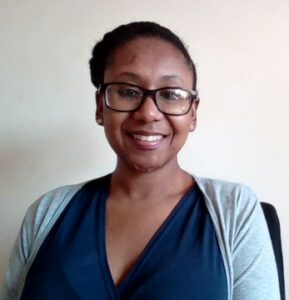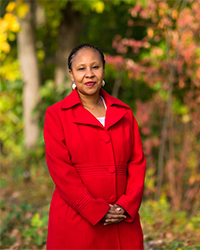Article Summary by Anne Dressel, Elizabeth Mkandawire, Lucy Mkandawire-Valhmu
Hunger and malnutrition are ongoing challenges in Malawi, especially in rural areas. Over 80% of the population is rural, and many practice subsistence farming—growing their own food to feed themselves and their families. The World Food Program estimates that 37% of Malawian children under the age of 5 are under-nourished and stunted, meaning that their diets are so poor that they are short for their age.
In our study, we conducted interviews with women, their husbands, and their mothers-in-law in rural central Malawi to learn what they knew about nutrition, as well as their attitudes and practices related to nutrition, gender equality, and women’s empowerment. At the start of each interview, we asked participants to share common proverbs related to nutrition.
These traditional proverbs, which are one way that elders pass on traditional knowledge and cultural beliefs to future generations, provide insight into the underlying causes of hunger and malnutrition. Learning about traditional cultural beliefs through proverbs or other common expressions can help to inform doctors, nurses, and other healthcare professionals so they can better address hunger and malnutrition.
Interestingly, while doctors and healthcare professionals understand that good nutrition plays an important role in promoting health and wellbeing, many doctors do not feel that they received adequate, or any, nutritional education in their medical training, leaving them ill-equipped to address the issue. In addition, climate change is affecting poor communities throughout Malawi, resulting in floods and drought which destroy crops on which families rely for their own food. Doctors, nurses, and other healthcare professionals have an urgent role to play in addressing climate change in their home communities, the consequences of which negatively affect families in rural Malawi.
Read the full article, “A black dog enters the home: Hunger and malnutrition in Malawi,” on the Medical Humanities Journal website.
 Anne Dressel, PhD, CFPH, MLIS, MA, is Director, Center for Global Health Equity, and Assistant Professor at the College of Nursing, University of Wisconsin-Milwaukee, U.S. Her research explores food insecurity among marginalized population, with a special focus on Malawi.
Anne Dressel, PhD, CFPH, MLIS, MA, is Director, Center for Global Health Equity, and Assistant Professor at the College of Nursing, University of Wisconsin-Milwaukee, U.S. Her research explores food insecurity among marginalized population, with a special focus on Malawi.

Dr. Elizabeth Mkandawire is the Network and Research Manager for the Food Systems Research Network for Africa. Her research interests are in integrating gender in the food system.
 Lucy Mkandawire-Valhmu, PhD, RN, is an Associate Professor in the College of Nursing at the University of Wisconsin-Milwaukee, U.S. Her research focuses on issues related to gender equity, specifically violence, in the lives of women in low-income communities.
Lucy Mkandawire-Valhmu, PhD, RN, is an Associate Professor in the College of Nursing at the University of Wisconsin-Milwaukee, U.S. Her research focuses on issues related to gender equity, specifically violence, in the lives of women in low-income communities.